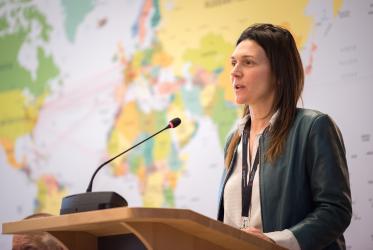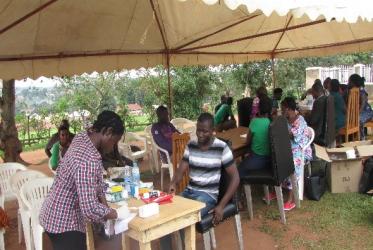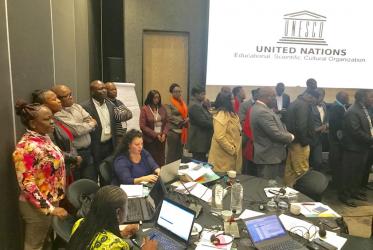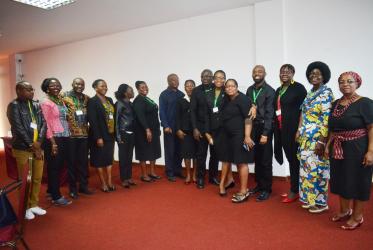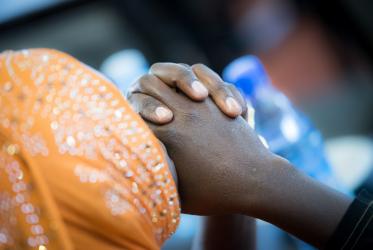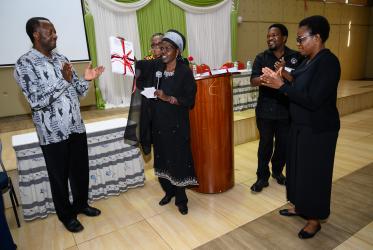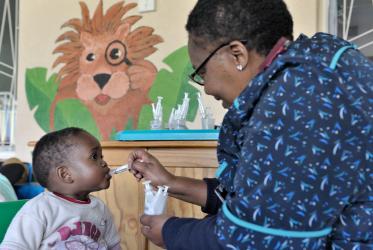Displaying 101 - 120 of 214
02 August 2019
Knowledge of gender roles deepens in Togo
03 June 2019
A faith-based, holistic approach to HIV and AIDS-care
13 March 2019
Faith and HIV treatment go hand in hand
06 March 2019
Turning mercy and compassion into action
04 March 2019
On the journey to HIV – bridging gaps, debunking myths
21 February 2019
Media invite: Global collaboration on migrants, refugees and HIV
19 February 2019
Young people in Nigeria focus on positive masculinity, femininity
14 December 2018
Dialogue addresses improving HIV testing and treatment for children
10 December 2018
WCC hones training on attitudes toward HIV treatment
06 December 2018

